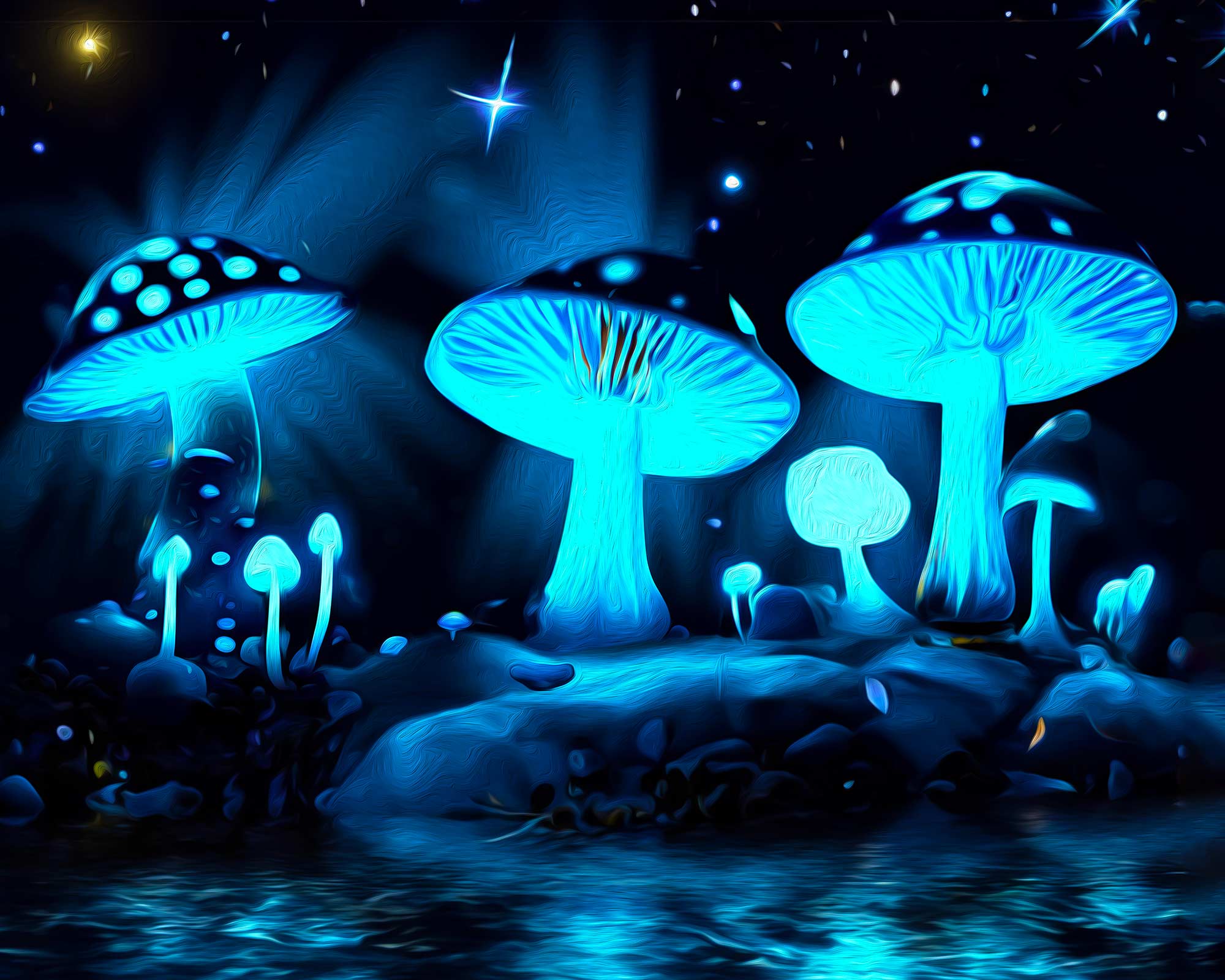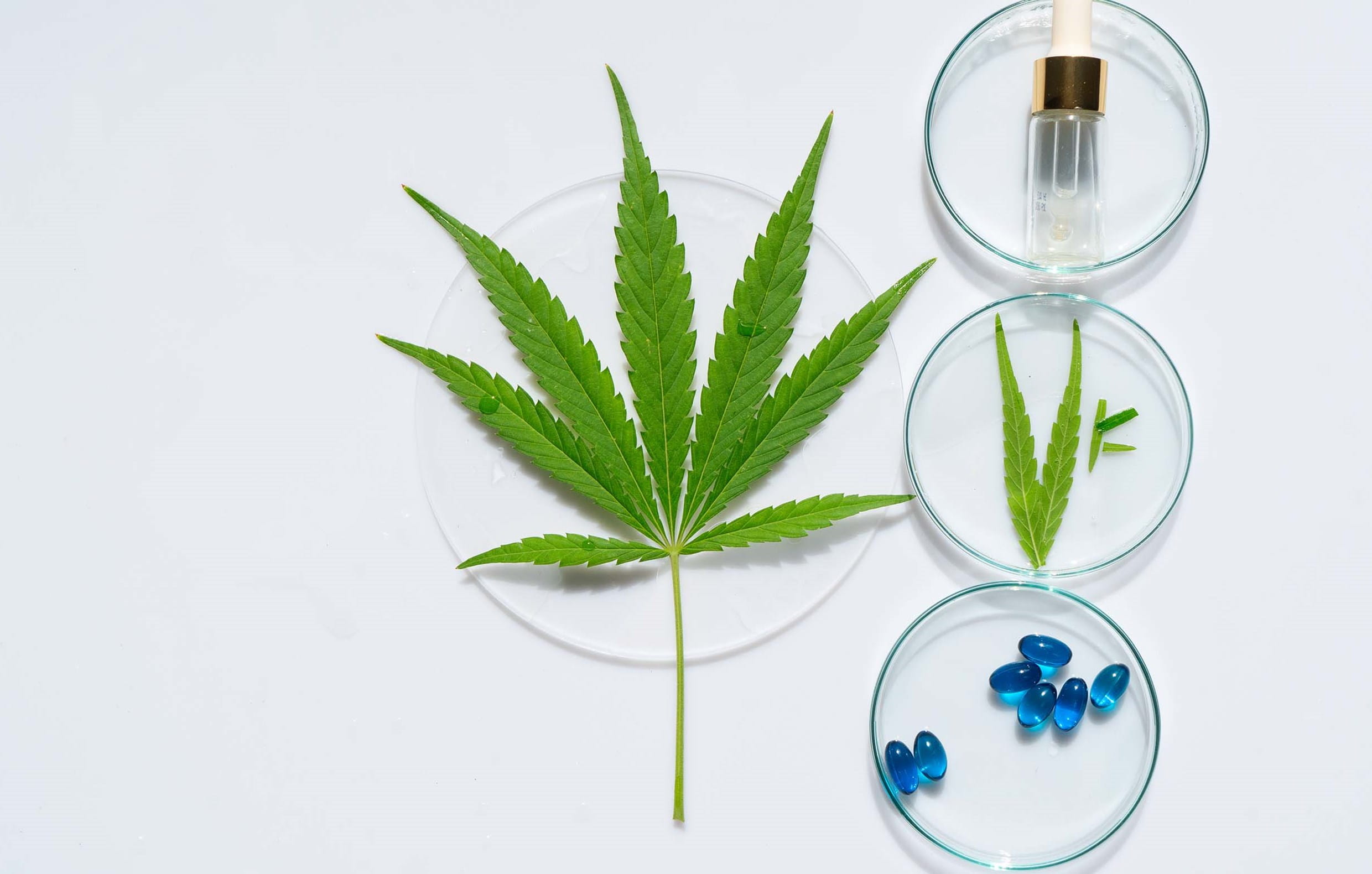
Designing a THC Edible Routine: Strain, Dose, and Daily Intentions
In the world of cannabis wellness, THC edibles have become a go-to option for people seeking a balanced, long-lasting experience.
FREE SHIPPING ON ORDERS OVER $99 | 10 points = $1

As awareness of alternative therapies for ADHD (Attention-Deficit/Hyperactivity Disorder) grows, many are turning to mushroom gummies, mushroom chocolate, and other mushroom edibles—often containing functional mushrooms or, less commonly, psychedelic compounds. This trend is influenced by the search for gentler, holistic solutions beyond standard stimulant medications. Here, we examine the current landscape, the science, and evolving anecdotal evidence around microdosing with mushroom edibles for ADHD.
Mushroom edibles—especially gummies—have become popular due to their convenience, taste, and perceived benefits for focus, mood, and well-being. Marketed varieties typically contain functional mushrooms like Lion’s Mane, Reishi, Cordyceps, or sometimes psilocybin (the active component in psychedelic mushrooms). Mushroom chocolate is another growing niche, blending cocoa with mushroom extracts for a more palatable experience.
Lion’s Mane is frequently highlighted for its neurotrophic and neuroprotective compounds (hericenones and erinacines), which stimulate the growth of brain cells. Small studies and user reports suggest potential improvements in focus, processing speed, and memory, which are functions often impaired in ADHD. The mood-stabilizing and anti-anxiety effects of Lion’s Mane may also indirectly support individuals with ADHD symptoms.
These mushrooms are usually formulated into edibles for daily, sub-perceptual consumption—aligning with the principles of microdosing.
Anecdotal accounts abound of individuals microdosing psilocybin (the psychedelic compound in magic mushrooms) via precisely dosed gummies or chocolates to manage ADHD. Early surveys and online testimonials claim benefits such as increased focus, improved mood, and creative thinking. However, clinical research to validate these effects is still limited4. It’s crucial to note that psilocybin is a controlled substance in most regions, including North America, and should never be used without understanding the legal and health risks.
While mushroom gummies containing functional mushrooms are generally accepted as safe dietary supplements, using psilocybin or hallucinogenic mushroom chocolates carries both legal and psychological risks. There is also concern about mislabeling, dose inconsistency, and unvalidated health claims. Always consult healthcare providers before starting any new regimen, especially when combining edibles with prescription ADHD medication, due to the possibility of interactions and side effects.
| Product | Reported Benefits | Scientific Support | Key Risks |
|---|---|---|---|
| Lion’s Mane Gummies | Focus, mood, cognition | Promising, early | Few (generally safe) |
| Mushroom Chocolate | Same as above | Early, mostly anecdotal | Dose variance; legal risk for psilocybin |
| Psilocybin Edibles | Focus, mood, creativity | Limited, inconsistent | Illegal in most regions; psychological effects |
| THC/CBD Edibles | Reduced restlessness | Mixed, chronic use risk | Attention, memory issues; dependency |
Many individuals report meaningful improvements with mushroom gummies or chocolates as adjuncts to ADHD management, particularly regarding focus, calm, and overall well-being. However, self-reports are subject to strong placebo effects, and better-designed, larger-scale studies are necessary to separate genuine effects from expectation.
Mushroom edibles—especially those containing Lion’s Mane and other functional mushrooms—are an emerging, largely safe alternative for individuals seeking natural support for ADHD symptoms. The evidence base is growing, but still early, and results remain mixed, particularly for psilocybin products. Users are encouraged to approach these supplements with hopeful skepticism: recognize the limits of current data, prioritize quality and transparency, and consult professionals to ensure a safe and effective approach.

In the world of cannabis wellness, THC edibles have become a go-to option for people seeking a balanced, long-lasting experience.

For centuries, creative minds have sought ways to unlock inspiration, enhance focus, and break free from mental blocks. Cannabis has